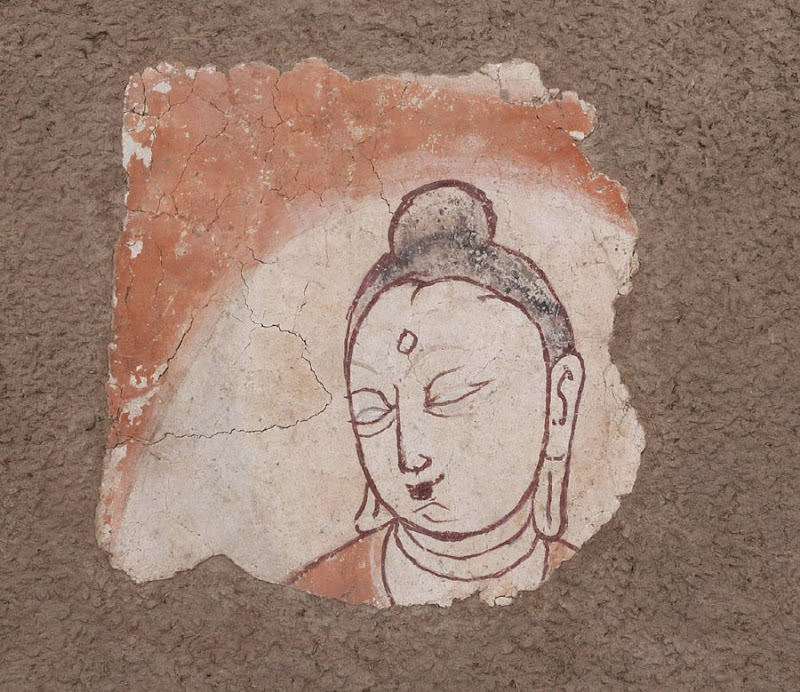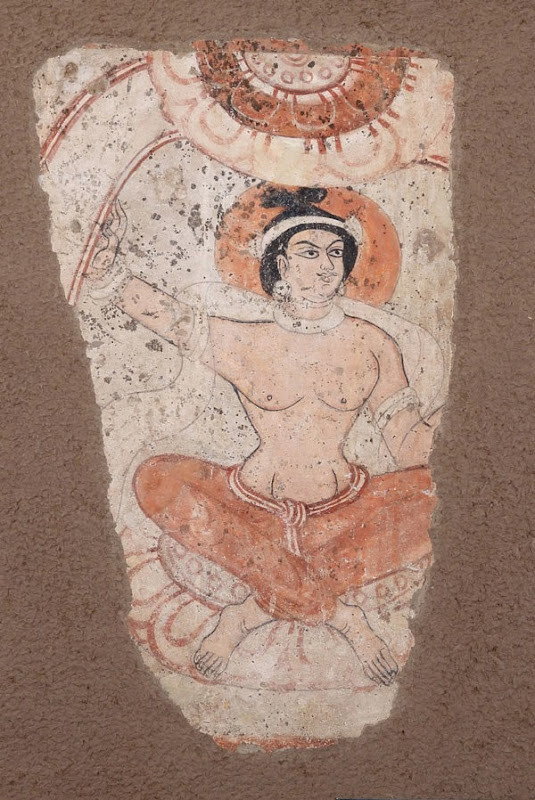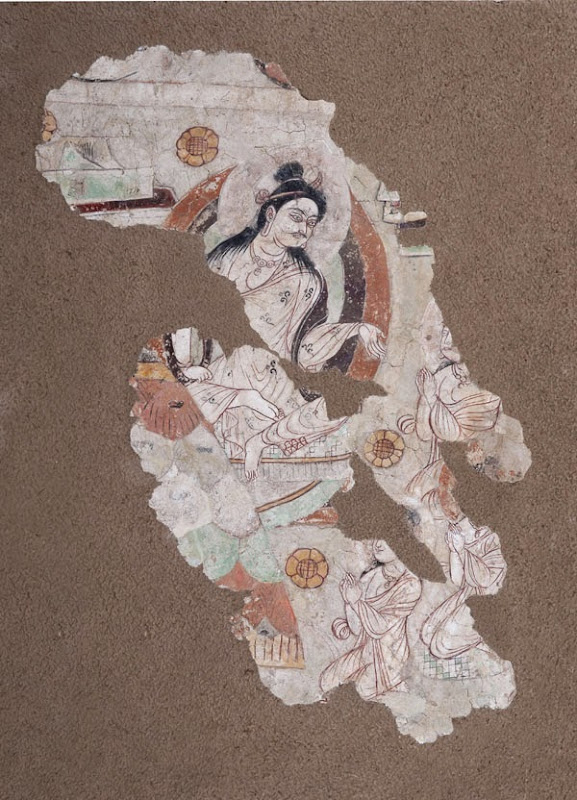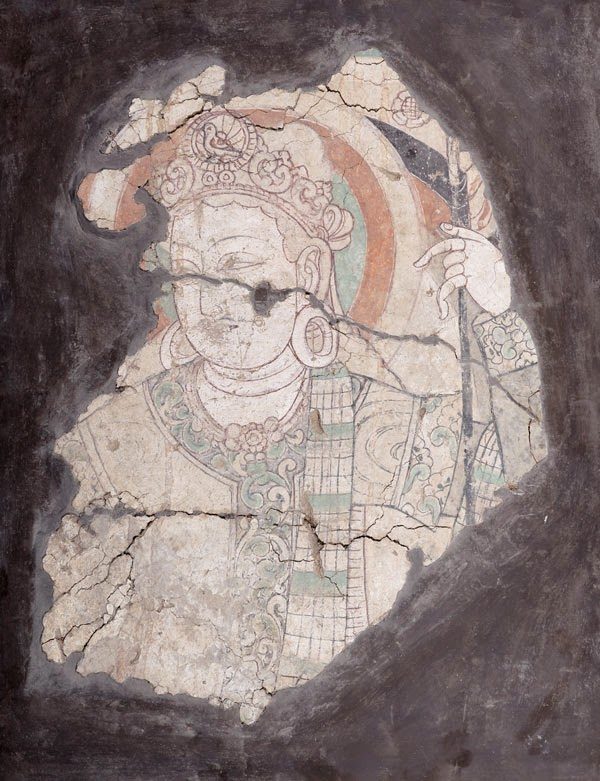An exhibition of Xinjiang Buddhist frescos, Buddhist Vestiges Along the Silk Road: Mural Art from the Damago Site, Hotan, Xinjiang, opened at the Shanghai Museum in East China's Shanghai municipality on Nov 28.

The 51 items of culture relics on display marked the first time they were shown outside of Xinjiang, and they reflect rich connotations and artistic characteristics of paintings of Hotan Buddhism.

Hotan Prefecture is situated in the southern part of Southwest China's Xinjiang Uygur autonomous region. In the past it was known as Khotan, an ancient Buddhist civilization believed to date back to the third century BC.

From 2002 to 2010, precious cultural relics from Buddhist ruins were unearthed at three historical sites in Damago of the ancient kingdom of Khotan.

Judging from the layout of the ruins, the archaeologists believed the three sites were components of a single temple complex dating to the seventh and ninth centuries.

Among them, Topulukdong Buddhist temple ruins left a large number of murals, but unfortunately remained as fragments. Archaeologists were still able to identify them as the Khotanese Buddhist paintings of the eighth century.
The exhibition, Buddhist Vestiges Along the Silk Road, particularly focuses on the murals from Topulukdong and its nearby Buddhist sites, and it will be open through March 8.
All photos courtesy of the Shanghai Museum
Source: China Culture [December 05, 2014]
VIA «Xinjiang Khotanese Buddhist wall paintings displayed in Shanghai»